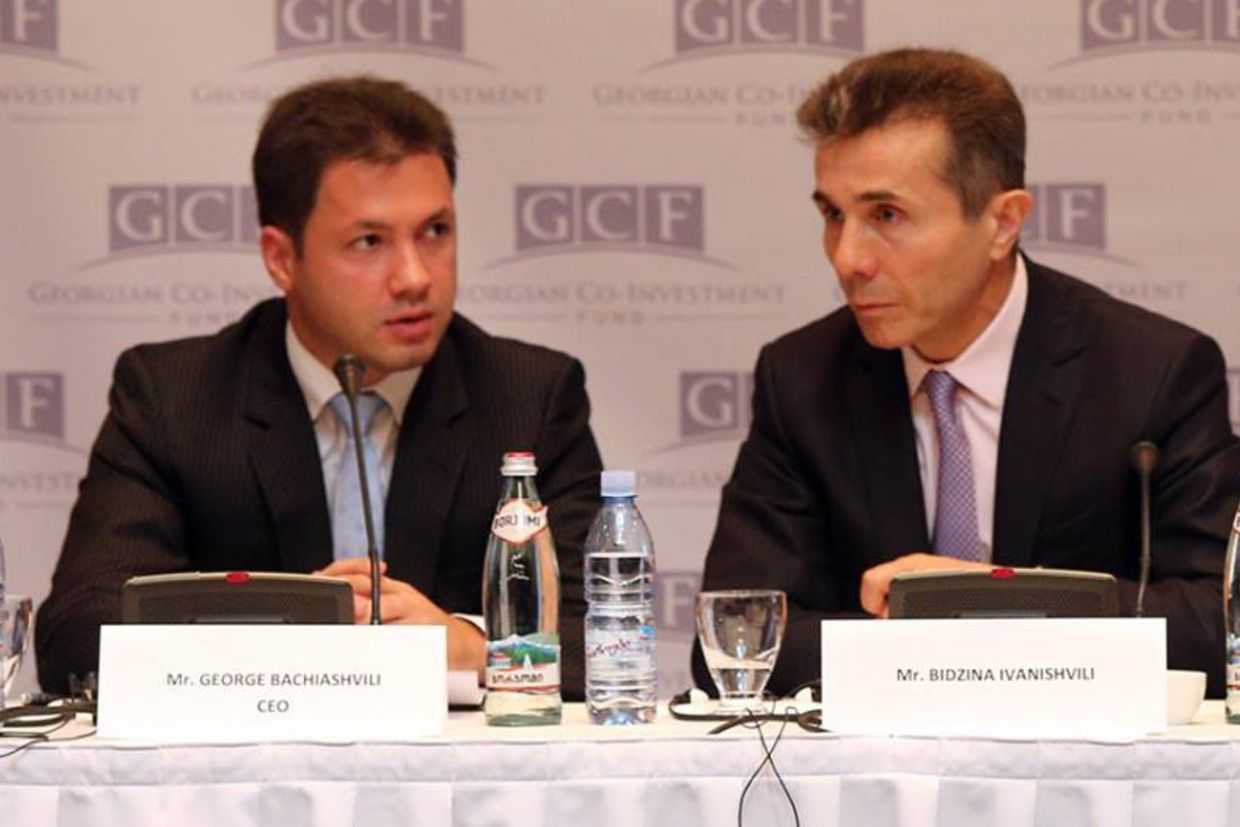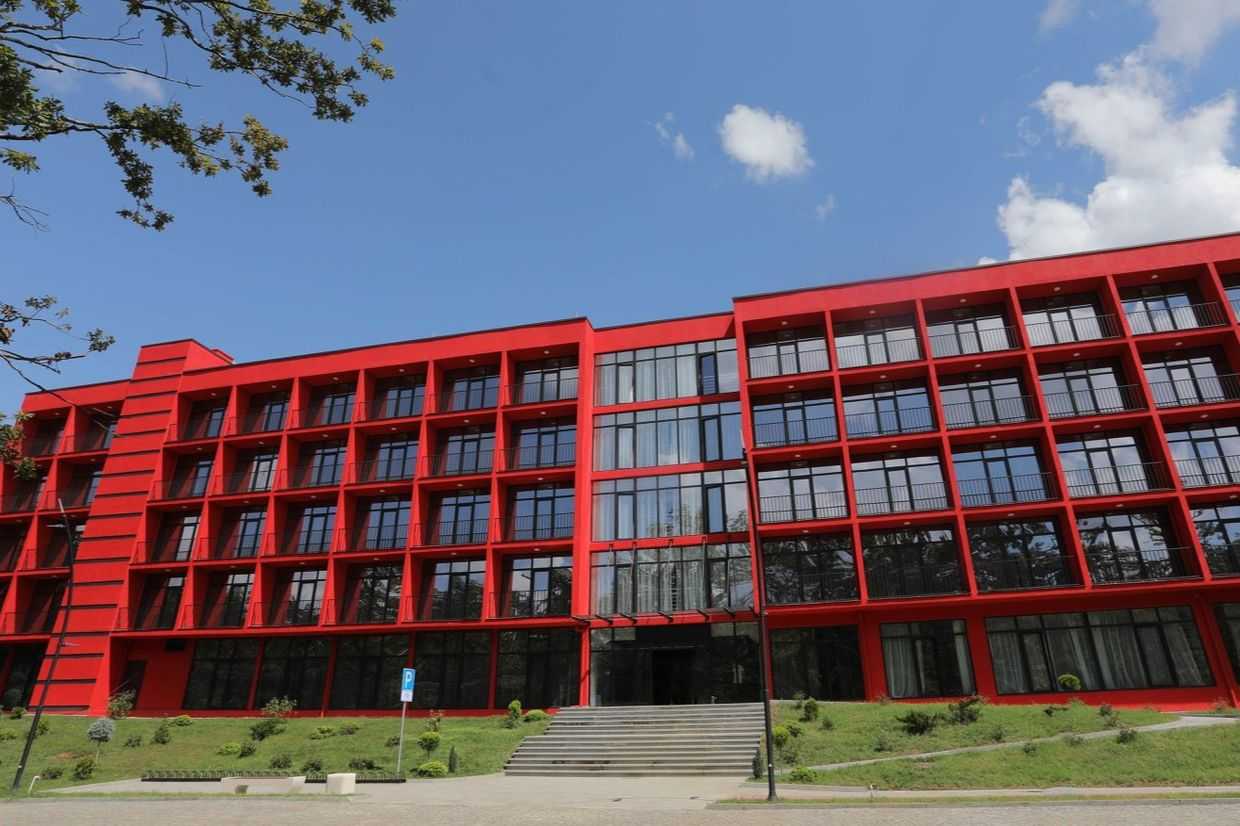Georgian Dream offers to drop controversial bill if EU backs down on ‘de-oligarchisation’

The ruling Georgian Dream Party has offered to cancel their draft de-oligarchisation legislation if the EU drops their recommendation to eliminate undue influence on politics.
On Tuesday, 81 MPs voted for Georgian Dream’s ‘de-oligarchisation’ bill in its second reading, with just two against.
In their 12 ‘priorities’ to Georgia for their application to join the bloc to be reconsidered, the EU recommended the country ‘implement the commitment to “de-oligarchisation” by eliminating the excessive influence of vested interests in economic, political, and public life.’
The recommendation was an apparent reference to Georgian Dream founder and billionaire, Bidzina Ivanishvili, who is widely regarded as holding influence over the government despite holding no official position.
However, the current legislation being considered would not apply to Ivanishvili and could instead be applied to several opposition figures.
The vote came soon after the Venice Commission, an advisory body of the Council of Europe comprised of constitutional experts, advised against adopting the law. On Monday, they advised the authorities to seek more structural ways to combat oligarchic influence in the country.
The draft law defines an oligarch as a person who participates in political life or has influence over the media while controlling an important economic resource. The anti-corruption bureau would be tasked with classifying a person as an oligarch.
After the Venice Comission’s recommendations were released, the chair of parliament’s legal affairs committee, Georgian Dream MP Anri Okhanashvili, said the law would not come into effect immediately and promised to cancel it altogether if the EU removed ‘de-oligarchisation’ from their recommendations. Party chair Irakli Kobakhidze made a similar offer on Wednesday.
‘We have determined that this one point [de-oligarchisation] has been fulfilled. Therefore, so there is no room for speculation, it is appropriate to adopt this project as a law’, he said.
The Speaker of the Parliament, Shalva Papuashvili, also said on Wednesday that there was a ‘certain contradiction between the positions of the Venice Commission and the European Commission’.
The EU diplomatic mission in Georgia published a statement on Wednesday insisting that the EU ‘supports the Venice Commission recommendations’, and stating they were prepared to help the Georgian authorities to ‘find a better way forward’.
‘Better not to adopt the draft law on de-oligarchisation given the described risks’, they said.
The legislation has also come under heavy criticism from the opposition, despite only two opposition MPs voting against it on Tuesday.
On Wednesday, Roman Gotsiridze, the leader of the Eurooptimists, a recently formed opposition group in parliament, said that ‘where there is oligarchic rule, there is no point in adopting a law on oligarchic rule’.
He warned that the government would use the law against ‘opposition-minded MPs’, after which ‘political repressions will begin against them’
Ana Tsitlidze, a member of the opposition United National Movement party, dismissed the bill as ‘another sabotage’ of Georgia’s bid for EU candidacy.









